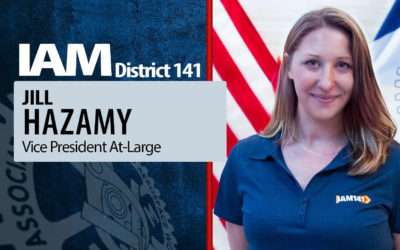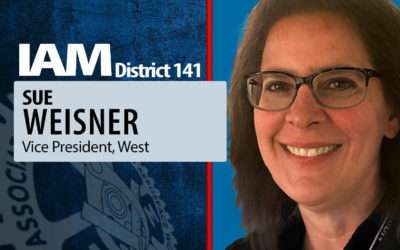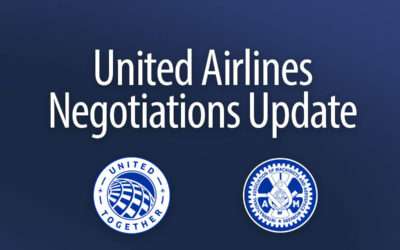American Airlines reported a net profit of $19 million for the Second Quarter, becoming the second of the “Big Three” airlines to do so. Delta has announced earnings of $652 million in Q2.
American, Delta, and United all received taxpayer aid intended to preserve their workforces during the pandemic in amounts that exceeded their posted profits.
United Airlines reported a net loss of $400k, falling short of returning to profitability in the second quarter, for a net loss of $1.3 billion. However, United expects to return to profitability sometime during the summer travel season. United has launched aggressive programs intended to dramatically grow the airline, including hiring 25,000 new employees by 2026.
Delta’s profits of $652 million seem impressive but are almost entirely due to one-off events to raise cash and a taxpayer infusion of $1.5 billion. Without these revenue-boosting efforts, Delta would have posted a net loss in the second quarter of $678 million. Delta is struggling to attract new customers, with passenger counts stuck at around half of pre-pandemic levels.
Delta has shed workers in large numbers despite the massive taxpayer assistance intended to preserve the hard-to-replace airline workforce.
All of the Big Three airlines accepted billions in taxpayer aid through the Payroll Support Program (PSP), a part of the Coronavirus Aid, Relief, and Economic Security (CARES) Act approved by Congress in March 2020. The funding was renewed in two subsequent COVID relief bills in December 2020 and March 2021. The PSP was designed to keep well-trained airline workers on standby during the pandemic so they do not find other jobs and slow a future economic recovery. All of the Big Three airlines seem to have reduced their workforces and saved those taxpayer-funded wages instead, which they have used to boost cash flow and profits.
However, Delta is unique because the airline relies more heavily on low-wage, non-union contractors to perform many functions of its operations. These workers have been slow to return to these employers, opting instead for better-paying union jobs at other airlines or in other industries. This slow pace in rehiring is stalling Delta’s financial health.
American Airlines’ revenue in the second quarter topped $7.5 billion, representing an 87% increase over the previous quarter. As with the other airlines, American was pushed “into the black” by way of PSP assistance.
Without the PSP support, American would have posted a loss of over $1 billion in Q2.
Passengers are indeed returning to American Airlines; the carrier has attracted back 70% of pre-pandemic flight loads, accounting for $6.4 billion of the overall $7.7 billion in total revenue accumulated.
Final Thoughts:
An alliance of unions and airlines backed the Payroll Support Program, arguing that airline workers are difficult to hire and train quickly. A staffing shortage in the airlines would slow any post-pandemic economic recovery, and so these workers needed to be maintained at taxpayer cost until the companies could restart normal operations. Since none of the airlines have returned to 2019 passenger levels, it begs the question as to why chronic staffing shortages are hitting airlines so hard. It seems that the misuse of this assistance is one of the principal driving forces behind airline profits and near-profits in the second quarter of 2021. Lawmakers did not intend for this aid to simply be converted into taxpayer-funded profits. Lawmakers expected this funding to prevent post-pandemic staffing shortages and speed the recovery of commercial aviation and the larger economy, while preventing mass layoffs in the industry.
The Machinists and Aerospace Union called out airlines for misusing PSP funding and solicited the help of dozens of lawmakers to redirect this critical assistance to the workers it was meant to help. Together, we successfully prevented involuntary layoffs and furloughs, including the involuntary demotion of full-time workers to part-time shifts. The fact that airlines could successfully reduce their staffing levels after accepting PSP funding should not be seen as a failure of our efforts as a union. Instead, it is evidence of how determined they were to take PSP funding for themselves. Our strength and solidarity undoubtedly created the success that we enjoy today.
Nevertheless, airline profits are not the enemy of airline workers. The return of passengers and potential future profits is a good sign and evidence of the strength of commercial aviation in our nation. This strength, if sustained, promises to yield benefits in time to union members and the United States economy overall.




